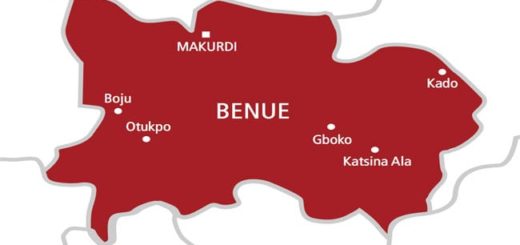Tinubu Moves Crude Oil Sales Revenue From NNPCL To CBN
 President Bola Tinubu has ordered the Central Bank of Nigeria (CBN) to take over the responsibility for crude oil sales from the Nigerian National Petroleum Company Limited (NNPCL).
President Bola Tinubu has ordered the Central Bank of Nigeria (CBN) to take over the responsibility for crude oil sales from the Nigerian National Petroleum Company Limited (NNPCL).
Naija News gathered that the move was to show transparency and accountability as NNPCL over the years has maintained sole control over crude oil sales, and only rendered accounts to the Federal Government.
According to Western Post, under the new arrangement, NNPC will submit receipts for crude oil sales to CBN for vetting and documentation.
A source within the CBN confirmed to the news platform that receipts of payment for the oil sales will be forwarded to the apex bank with immediate effect.
The source added that the new arrangement will block any gap in the crude oil sales and declared receipts.
Experts told the news site that this arrangement is opaque as it makes the NNPC the overall responsibility rendering whatever amount it wishes to FG for the crude oil sales.
They added that the move is no longer tenable amid declining oil revenue following lower oil production arising from crude theft and other sharp practices.
Recall that the CBN Governor, Olayemi Cardoso, last week stated that the collaboration with the Ministry of Finance and the NNPCL is to ensure that all foreign inflows are returned to the Central Bank.
Cardoso, who was delivering a keynote address at the launch of the Nigerian Economic Summit Group (NESG) “2024 Macroeconomic Outlook Report”, said, “This coordinated effort will greatly enhance the Bank’s foreign exchange flows and contribute to the accretion of reserves.
“The expected stability in the foreign exchange market for 2024 can be attributed to the reduction in petroleum product imports and the recent implementation of a market-determined exchange rate policy by the CBN.
“This reform is designed to streamline and unify multiple exchange rates, fostering transparency and reducing opportunities for arbitrage.
“The resulting consistent and stable exchange rate will not only boost investor confidence but also attract foreign investment, elevating Nigeria’s appeal to global investors.”













